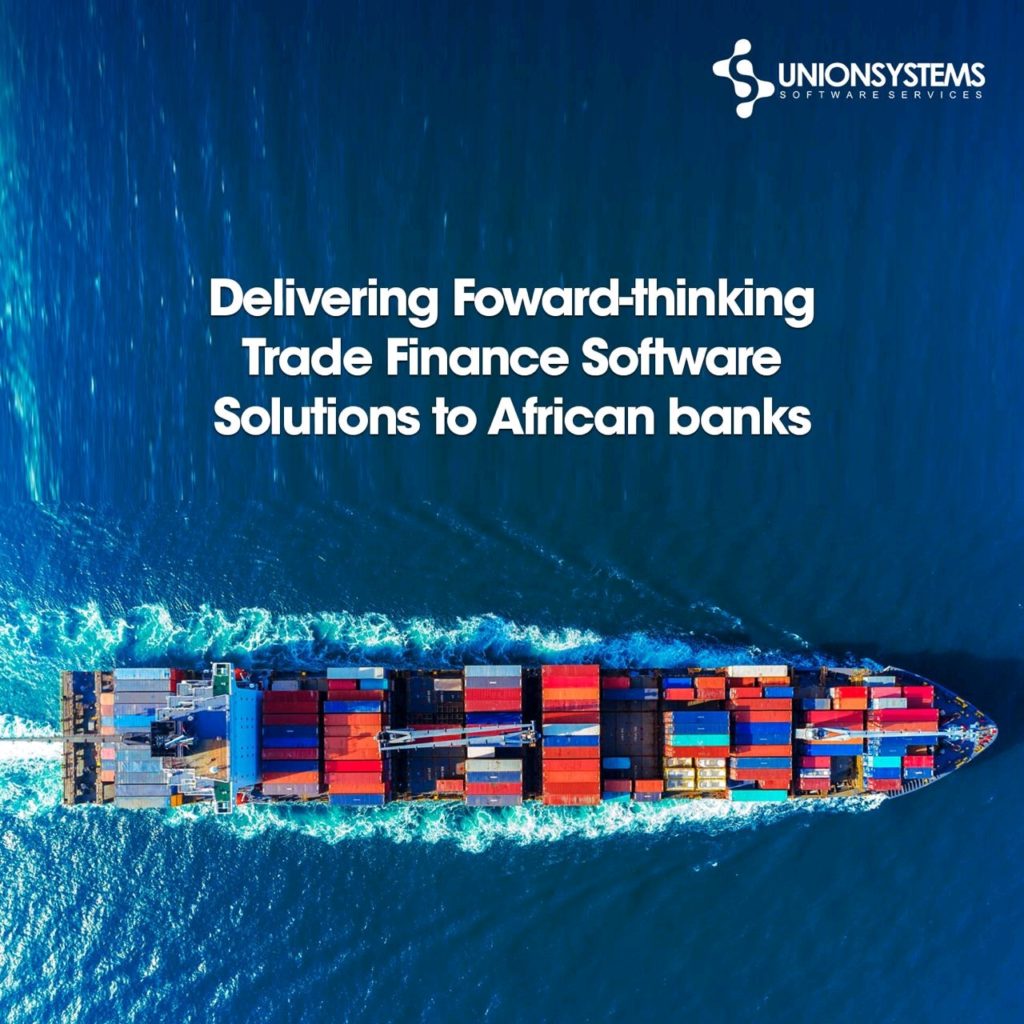
The African Development Bank (AFDB) estimates that transactions in Africa’s trade finance — the sector concerned with international trade and commerce between indigenous and international organizations—reach $1.1trillion yearly. The African trade finance sector, despite its potential, has been hampered largely due to the persistent reliance on manual processes. But digitization, led by indigenous solution providers, is slowly changing the dynamics.
Trade finance technology ensures the smooth facilitation of international trade business operations. Over time, stakeholders in the African trade finance sector have relied on software solutions developed by international tech companies to automate their operations. However, these software applications are often one-size-fits-all built for global markets and do not take cognizant of the peculiarities in African countries.
This reality creates a roadblock for the growth of Africa’s trade finance. To address this, indigenous technology solution companies like Union Systems Limited (USL) have begun to redefine the African trade finance sector by developing and deploying indigenous tech solutions that consider local requirements and optimize processes end-to-end.
From customization to creation
Union Systems started out as a local partner to an international software company, implementing and customizing their trade finance software applications for banks across Africa. During this period, the company noticed there were significant gaps between the foreign applications and local requirements which customizations alone could not fix. These issues were peculiar to the regulatory environment in the region and while they constitute a major part of the day-to-day international trade operations for African banks, they did not rank high as features the international software companies considered important. This was because their software was designed to address global issues while ignoring regional-specific issues.
Leveraging on its experience, Union Systems decided to pivot from implementing international software to creating its own software solutions. The company has spent the last five years developing and deploying its homegrown, Africa-focused software applications to meet the requirements of trade finance in Africa.
Trade-X, USL’s first indigenous solution, automates all local trade finance operations and regulatory requirements in Nigeria. Because of the software, some Nigerian banks have been able to transform their trade operations. The company recently broadened its scope from addressing Nigeria’s unique regulatory issues to addressing Africa’s trade operations on a larger scale.
As a result, the Trade-X product was re-engineered to include advanced artificial intelligence features such as Optical Character Recognition technology, Handwriting Text Recognition technology, and business intelligence, among others, and was renamed Kachasi.
Kachasi is the first indigenous trade finance software that automates the full lifecycle of international and domestic trade finance transactions. International trade processes are document-centric, and Kachasi has significantly reduced its reliance on physical documents by digitizing them to achieve faster transaction processing. The software is easily adaptable to any country’s regulatory requirements and enables banks to quickly respond to changes in regulatory policies. With very robust features, Kachasi’s ability to operate across different African countries seamlessly without requiring expensive and rigorous customization redefines the African trade finance tech space.
In 2020, Union Systems expanded its impressive list of trade finance technology solutions with the launch of Optimus. To import or export goods in Nigeria, businesses have to go through several complex processes and get numerous approvals. These processes range from obtaining a Form M to custom approvals to port logistics among other things. These usually take months and need a lot of back-and-forth with bank representatives or interacting with multiple bank trade portals to complete necessary transactions.
USL’s Optimus solves this problem. It is a multibank trade finance corporate portal that enables importers and exporters to initiate, manage and gain visibility into their trade finance transactions with all their banks from a single portal online, eliminating the need to log into different bank portals. The multibank approach guarantees that all the steps needed to complete a process, as well as all the stakeholders that an importer and exporter would need to interact with, are located within the portal.
Indigenous solutions a boost to intra-Africa trade
The rise of companies like Union Systems is a big boost for the sector as it means challenges created by international software and gaps not covered are addressed, leading to increased operational efficiency.
In the long run, locally-built indigenous trade finance tech solutions hold immense potential to boost trade within the continent.
Trade is widely regarded as vital to economic growth and development, and in 2018, Africa voted for more and better trade with itself leading to the agreement that established the African Continental Free Trade Area (AfCFTA).
The landmark deal went into effect in January this year as it looks to increase intra-African trade, which at less than 20%, pales in comparison to levels seen in Europe (69%), Asia (59%), and North America (31%).
If the AfCFTA will indeed achieve its key objectives of creating a single African market of over a billion consumers with a total GDP of over $3 trillion, locally-built tech solutions are crucial to facilitate day-to-day trading activity.
And equally important is the fact that these applications by Union Systems give credence to the notion of African solutions to African problems: that Africans are in the best position to solve the continent’s troubles, making use of local resources.



















